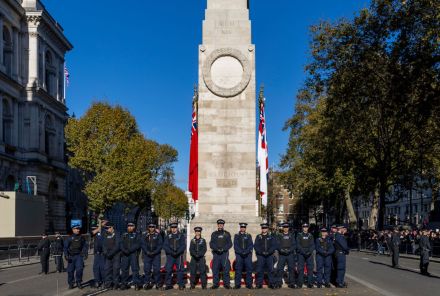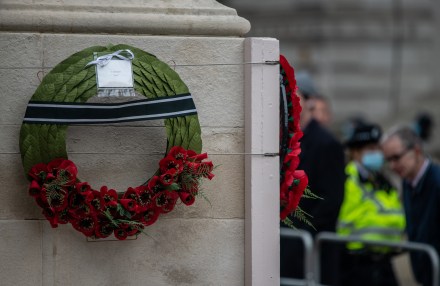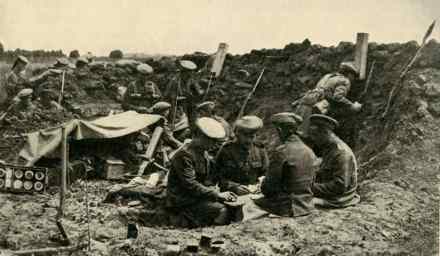Remembrance Day protests through the ages
It’s not the first time that protesters have intruded on Remembrance Day. But this time feels different. In the 20s, the protests were against the poverty and inequality of the era. On Armistice Day in 1922, 25,000 unemployed ex-servicemen marched past the Cenotaph, wearing their medals next to tickets from pawn shops to indicate their plight. The year before, in Liverpool, 200 men interrupted the two minutes’ silence with shouts of ‘Anybody want to buy a medal?’ and ‘What we want is food, not prayers!’ In the 70s and 80s, more disturbingly, it was the far right who occupied the headlines. The National Front made its Remembrance Sunday march into




